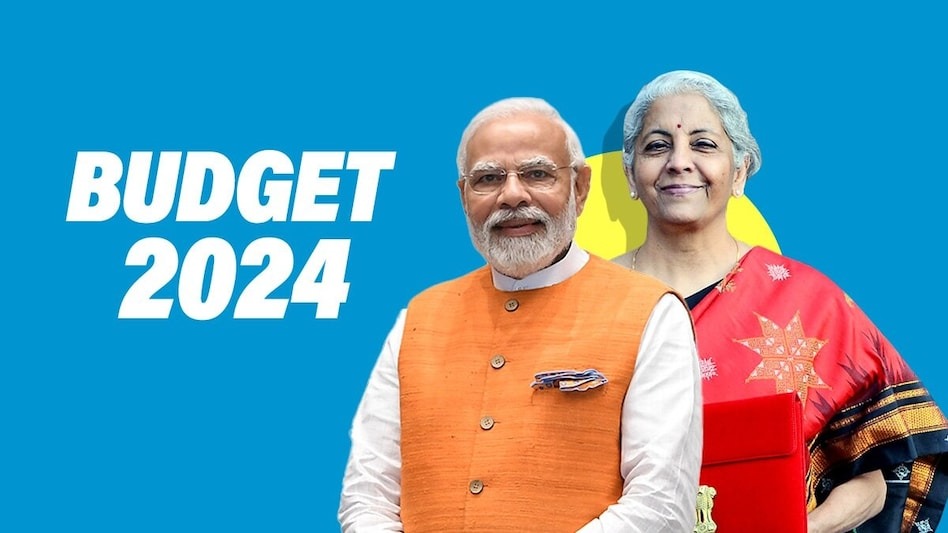
nirmala sitharaman : Union Budget to be presented by Finance Minister Nirmala Sitharaman on July 23 Budget The salaried class has a lot of expectations from 2024. It is believed that the government may focus on tax exemptions and changes in tax slabs. It will also focus on deductions and simplifying and streamlining the tax process.
Taxpayers are expecting a reduction in income tax rates to reduce the impact of rising interest rates. They are also expecting incentives to encourage equity investments, including tax exemptions, which will increase their income. Apart from this, a more transparent tax structure and expansion of tax exemptions are also expected in the upcoming budget.
Deduction Limit under 80C: Employees are hoping that the government will make a big announcement in this budget and will discuss the proposal to increase the deduction limit under Section 80C of the Income Tax Act. This deduction, which has been Rs 1.5 lakh since the financial year 2014-15, can go up to Rs 2 lakh in this budget. This will provide great relief to the middle class.
Increase in standard deduction The standard deduction of ₹40,000 per annum for the salaried class was reintroduced in the Union Budget 2018. Subsequently, the standard deduction limit was raised to ₹50,000 in the Interim Budget 2019. The standard deduction amount has remained constant since then. There is speculation that the Finance Minister may consider increasing the standard deduction to Rs 1 lakh per annum.
Transition to the new tax system For individuals transitioning from the old tax system to the new tax system, it is important to analyze the possible expansion of tax deductions. Expansion of benefits such as health insurance and NPS contributions can provide an opportunity to increase access to health care and encourage investment by taxpayers.
Old tax system: This time a big change is expected in the Union Budget regarding the old tax system. This may include increasing the income tax exemption limit to Rs 5 lakh. To reduce the burden on individual taxpayers, the NDA government will simplify the tax slabs and reduce the rates.
House Rent Allowance House Rent Allowance (HRA) is a part of the salary, which is provided by the employer to the employees to meet their housing expenses. It is a tax benefit available to salaried individuals who live in rented accommodation. The HRA exemption is decided by taking into account factors such as the actual rent paid by the individual, their basic salary and place of residence. The HRA rules will be amended in Budget 2024 to include some more cities for HRA exemption based on 50% of salary.
Increase in limit for Section 80TTA Salaried individuals often allocate their money across various savings and fixed deposit accounts to maximize their income. This practice raises the question whether the government should consider including fixed deposits along with interest earned on bank deposits under Section 80TTA. Moreover, this inclusion limit can be increased from Rs 10,000 to Rs 50,000.
Changes in tax slabs: Tax slab rates are expected to be revised to reduce the tax burden on middle-income individuals. Also, under the new tax regime, the maximum surcharge rate is currently set at 25%, which is significantly lower than 37% in the previous tax structure. It is possible that the benefits offered in the new tax regime may be carried over to the old tax regime.
 look news india
look news india